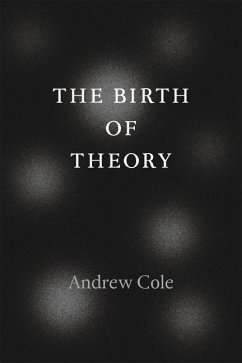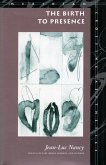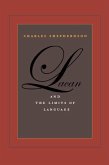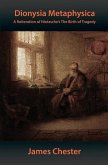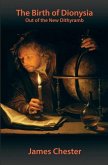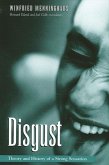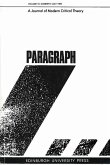Hegel, had he the chance, would have called the whale 'dialectic.' In "The Birth of Theory," Andrew Cole makes clear for the first time the medieval roots of the modern dialectic; namely, he demonstrates how G. W. F. Hegel s notion of the dialectic, so important for later thinkers, such as Karl Marx, Mikhail Bakhtin, Fredric Jameson, and Slavoj i ek, emerged from the philosophical practices of medieval thinkers. Hegel s adoption of the dialectic in its distinctly medieval formation, as elucidated in Plotinus, Proclus, Pseudo-Dionysius, Meister Eckhart, and Nicholas of Cusa, was a risky move in the seventeenth-century German philosophical milieu that had little interest in the potential of the categories of identity and difference. As Cole argues, whatever theoretical debt is owed to Marx for making the use of dialectical as widespread as it is in the educated public and in the academy today, a prior acknowledgment needs to be made to Hegel, since Marx and later critics all use this precise application of (medieval) dialectic in their own writings. What the Middle Ages was to Hegel, modernity is to Marx; what feudalism was to Hegel, capitalism is to Marx. By demystifying the Hegel that we have come to know through modern critics, this book changes the way we understand Hegel and his curious life-long obsession with the Middle Ages even as he struggled to comprehend emerging modernity and the way we conceive of the history and development of philosophy and theory. It will have wide appeal across the humanities, including students of medieval history and philosophy, Marxist historiography, Hegel scholarship, and literary studies. "
Hinweis: Dieser Artikel kann nur an eine deutsche Lieferadresse ausgeliefert werden.
Hinweis: Dieser Artikel kann nur an eine deutsche Lieferadresse ausgeliefert werden.

